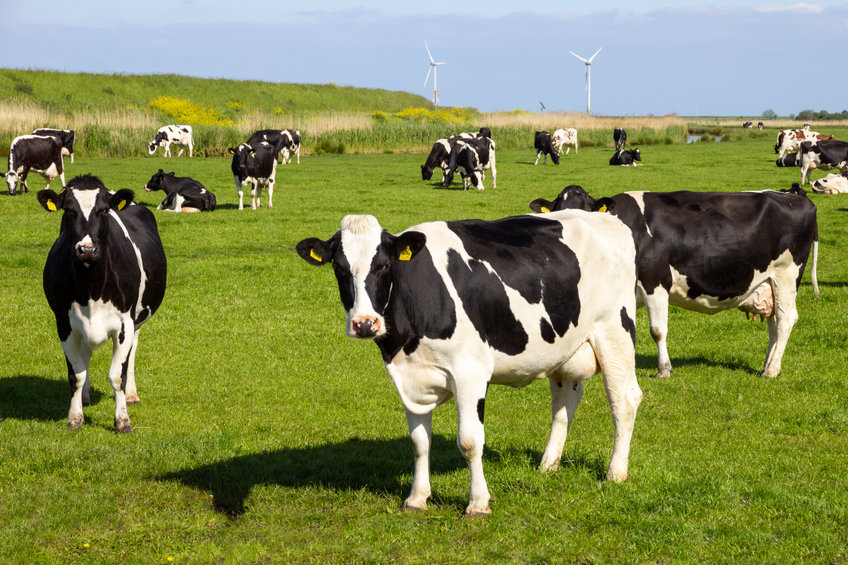The Challenges Of Raising Cows
The Challenges Of Raising Cows

Many homesteaders and small farmers dream about the day when they will be able to add cows to their livestock. However, very few of them actually see this dream come true. There are some serious challenges of raising cows, as you will see in this article, below.
To start with, it is worth mentioning that cows are bigger than other livestock, and therefore they require more space and a more complex infrastructure than goats and sheep. Even miniature cows are more expensive in terms of both upfront investment and maintenance.
There are three reasons why people raise cows: for meat, for milk and for selling their offspring. You must know your reasons before you buy your very first cow.
Since a cow is such a hog of resources, you need to know very well how you’ll use it, in order to ensure you put your investment to good use.
According to state livestock specialists, people should consider why they want to raise cows in the first place. Their reason for investing in cows can make a huge difference in the type of land and infrastructure they will need.
One of the most common reasons for raising cows is for meat and milk, regardless of whether you want them for yourself or for sale. In addition, you can sell calves each year to earn a little money on the side.
Experts recommend that people decide upon their goals prior to purchasing cows. This would allow them for better planning of their available resources.
Raising cows for milk on a small scale isn’t a profitable endeavour.
A cow needs two years before it starts producing milk. This makes sense, as animals produce milk only when they have their babies. The cow will be ready to milk only after it has its first calf and gives it colostrum.
After that, a cow will give you milk for as long as you milk her. According to experts, you can milk a cow for two years before she must have another baby.
On the other hand, dairy production is subject to a wide array of rules and regulations that might make it difficult for you to sell this milk. If you would like to learn about milk pasteuriser then see ‘milk pasteuriser UK‘
This is why the conclusion of experts is that a small-scale dairy can’t be a profitable business.
Raw milk isn’t allowed for sale in retail stores in some places. Before starting a cow raising enterprise, you must ensure you will be allowed to sell the milk to local retailers.
Raising cows for beef requires meat processing. Ensure you do know where this is going to take place before you start investing.
Fresh, homegrown beef is something most of us love to see on our dinner plates. However, butchering cows is complicated and requires special tools and skills. Before you start spending money on cows for beef, you should ensure you know where you will process it.
Another thing to keep in mind when thinking to raise cows for beef is that grass-fed cows won’t be ready to eat before 28 to 30 months. Grain-fed cows can be ready much sooner, by the 15th or the 16th month. As you can see, there’s a big difference between the two. his is why knowing what you will feed your livestock is important.
If you intend to keep meat for your own consumption, you can legally use a custom slaughtering facility. However, if you want to see the meat, you will have to observe the legal requirements of the meat industry and comply with them, if you want to avoid trouble.

